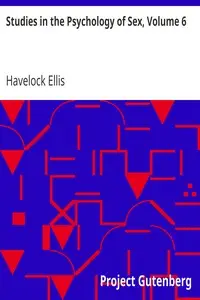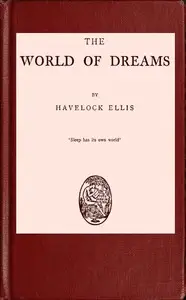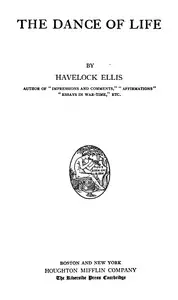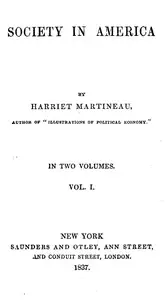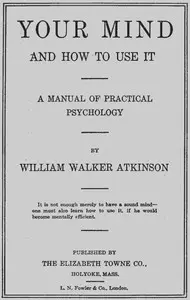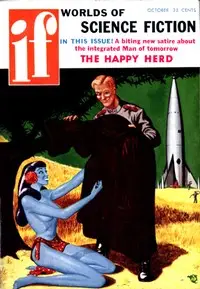"Studies in the Psychology of Sex, Volume 2" by Havelock Ellis is a scientific publication written in the late 19th to early 20th century. This volume delves into the complexities of sexual inversion, particularly focusing on homosexuality, examining its biological, psychological, and social implications. Ellis emphasizes that sexual inversion is often misunderstood as merely a social issue, rather than a legitimate subject for scientific inquiry, thus laying the groundwork for a comprehensive exploration of this topic. The opening of this volume introduces the themes of sexual inversion and homosexuality that will be explored in detail throughout the text. Ellis begins with a preface reflecting on the historical context of how homosexuality has been perceived, noting the stigma attached to it and the lack of understanding surrounding its occurrence. He acknowledges the need for scholarly attention on this topic, distinguishing between different types of homosexual attraction and outlining the scope of the work ahead. The beginning captures Ellis's intent to provide a scientific perspective on what he deems to be an inherent trait rather than a mere social aberration, setting the stage for a detailed analysis of historical and contemporary cases of sexual inversion. (This is an automatically generated summary.)
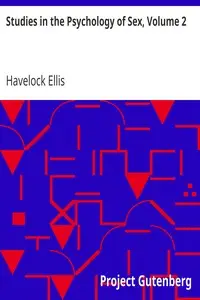
Studies in the Psychology of Sex, Volume 2 Sexual Inversion
By Havelock Ellis
"Studies in the Psychology of Sex, Volume 2" by Havelock Ellis is a scientific publication written in the late 19th to early 20th century. This volume...
Genres
Released
2004-10-08
Formats
epub3 (images)
epub
mobi
mobi (images)
epub (images)
Free Download
Overview
About the Author
Henry Havelock Ellis was an English physician, eugenicist, writer, progressive intellectual and social reformer who studied human sexuality. He co-wrote the first medical textbook in English on homosexuality in 1897, and also published works on a variety of sexual practices and inclinations, as well as on transgender psychology. He developed the notions of narcissism and autoeroticism, later adopted by psychoanalysis.
Total Reviews
10.0k
Total reviews from Goodreads may change


